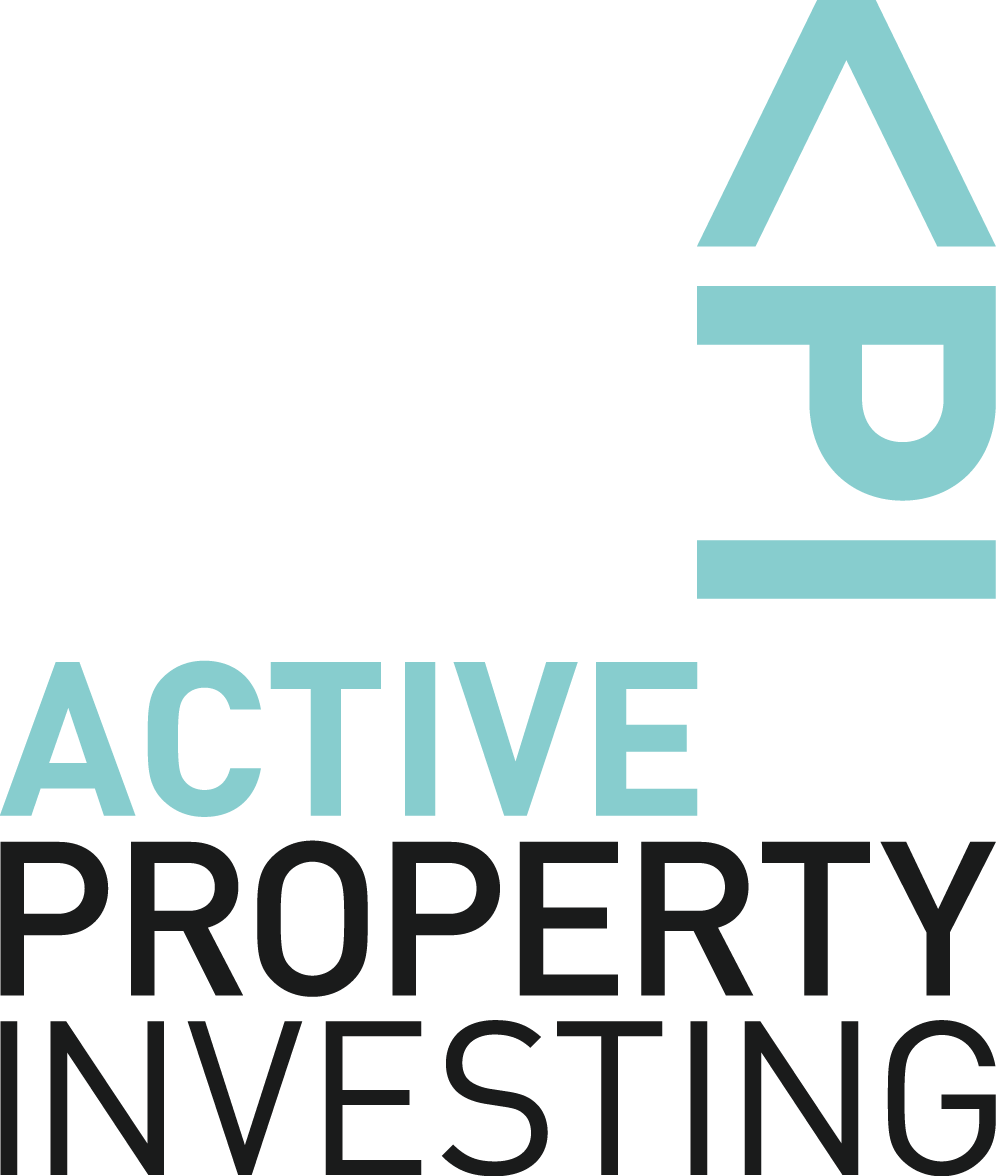Top tax tips for property investors before the end of financial year
By Emma Allen
By the time July rolls around, a new financial year has begun and people start thinking about getting their tax affairs in order. But I’m keen to let you in on a secret: the best time to think about your tax is before June 30.
Why? Because it means you have time to squeeze in those final deductions before the tax-time cut off – so you don’t have to wait another full year to claim the refund.
I have been a property investor and a professional in the industry for many years, and our team works very closely with accountants, financial planners and quantity surveyors. During this time, I’ve picked up many tips that has saved me time and help me optimise my financial position.
Here are some key things that property investors can do ahead of end of financial year.
Tip #1: Get a depreciation schedule
Chat with a quantity surveyor ahead of end of financial year, so you can get a depreciation schedule organised and you can claim the cost of their fee straight away at tax time. Your quantity surveyor will work out exactly how much you can depreciate on your investment property, including both the building and the fixtures and fittings if relevant.
You can then take this schedule to your accountant and they deduct it against your taxable income. Many property investors don’t know about depreciation, but it can be worth thousands of dollars! Best of all, the cost of getting the depreciation schedule is tax deductible, too.
Tip #2: Keep meticulous records
Any bills, receipts or costs that accumulate over the year are your key to a tax refund. Scan and file that paperwork diligently, or at the very least, keep your receipts filed in the same physical or digital folder. So that by tax time, it’s all nicely in order and easy to hand over to your accountant.
Tip #3: Give your accountant your bank statements
Following on from the above tip… Many property investors are really good at keeping good records of their expenses and bills. But even if this sounds like you, make sure you give your accountant a copy of your bank statements when they’re gathering info to process your tax.
They might review it and find items that you didn’t even know you could claim. They’re the experts, and they know how to get you every last allowable deduction, so let them work their magic!
Tip #4: Let your property manager ‘manage’ the bills
This is a tip to get ready for next financial year, but it’s a great way to set up a really seamless tax time experience. And this tip is: ask your property manager to pay your property related bills for you.
Most property managers will do this for no extra charge. You simply have your strata invoices, rates notices, and insurance premiums sent directly to your property manager. They then pay these expenses from your rental income, and deposit what’s left after expenses into your account each month or fortnight.
You’re less likely to miss a payment and this really helps in terms of streamlining paperwork and managing your bills throughout the year. If they’re paying the rates, maintenance, and insurance for you, it means that at the end of financial year, you’ll get a statement with all the income and outgoings. You can just hand it over to your accountant.
These are some of the key things that save me time and help me get sorted for the end of financial year. I also recommend these to my clients, to make the most of their property-related tax deductions. Get in touch with your accountant or your financial advisors to make sure you head into the end of financial year in the best possible position. And of course, if you have any other questions about property investing or building wealth through real estate, get in touch with our friendly team on 1300 449 974.

